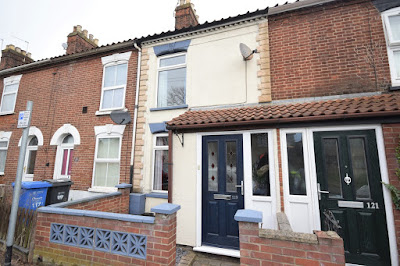Best Guidelines to Buy Property in the UK
Buying a home, particularly if it’s your first home, can be a daunting prospect. There are so many steps to take and it’s easy to get confused. The process to buy a property in the UK is quite complex and time-consuming; just knowing which step to take first and when, can be a lottery.
To ensure your property purchase runs as smoothly as possible and that you have ‘all your ducks in a row’ to buy a property in the UK, we’ve put together our guidelines to help you.
How much can you afford?
Before you even start looking for your home, the first vital step is to work out not only how much you can afford, but also how much of a deposit you are going to need to put down.
Whether it’s your first home or property investment, or you are moving on up the property ladder or, indeed, you’re adding to your property portfolio, getting your finances sorted is crucial.
Chances are, you will need a mortgage – the number of people who are in the position of buying a property for cash, unless you are a professional house buying company, are few and far between. That said, even cash buyers need to ensure the funds are there before they buy property in the UK.
So, back to the mortgage… to get a general idea of how much of a mortgage you will be able to borrow, you can use the rule of thumb of 4.5 x your annual salary or if joint incomes, 4.5 times the joint salary. This is a limit set by the Financial Conduct Authority (FCA) in the UK for an individual’s income level. In exceptional circumstances, some mortgage providers will go to 5 or even 5.5 times the annual salary but that is rare.
However, just about every financial institution in the UK now has an online mortgage calculator. Using a mortgage calculator provides you with a much more accurate estimate, and will also be able to tell you if you are eligible for a mortgage. There is nothing stopping you applying for a mortgage and getting a ‘mortgage agreement in principle’ before you’ve found a home.
In addition, the online calculator will be able to tell you how much deposit you will need to put down on a property, which brings us onto our next guideline.

Comments
Post a Comment